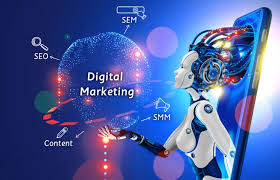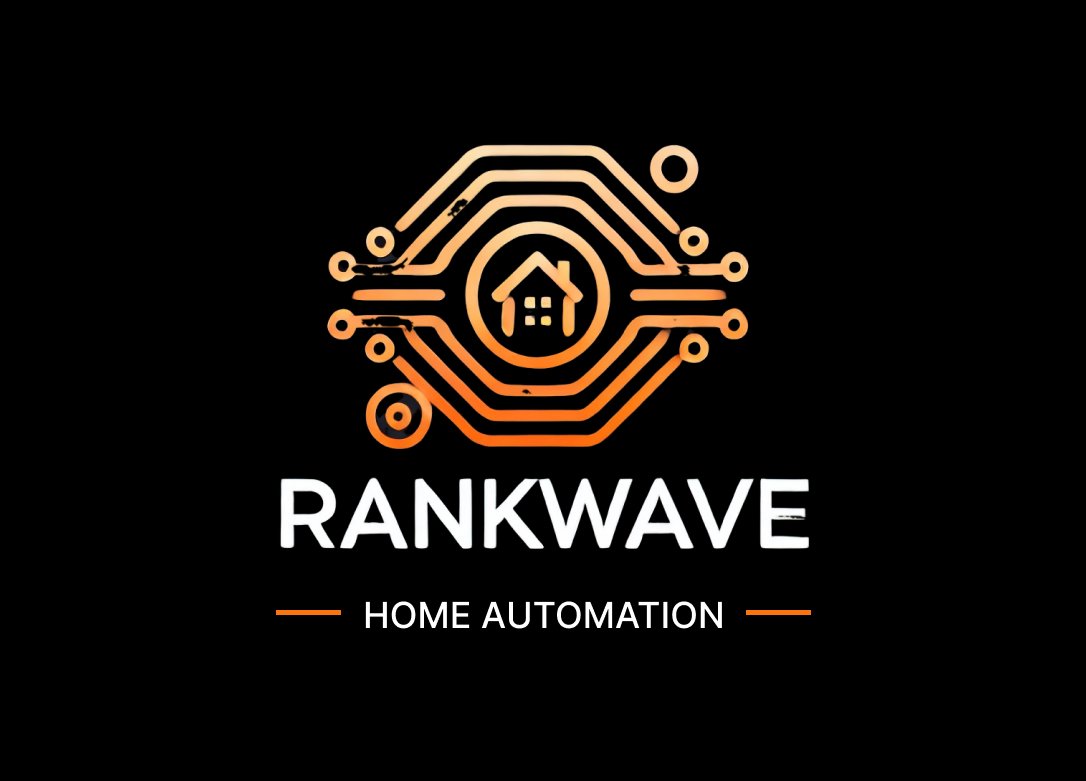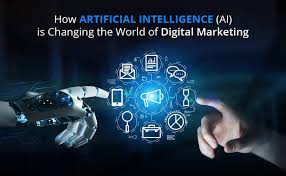The Role of AI in Modern Digital Marketing
Artificial Intelligence (AI) has rapidly become a cornerstone of modern digital marketing, transforming the way businesses interact with their audiences and optimize their campaigns. From personalized content recommendations to predictive analytics, AI is revolutionizing the digital marketing landscape, making it more efficient, effective, and targeted than ever before. In this article, we’ll explore the key ways AI is shaping modern digital marketing and how businesses can leverage this technology to stay ahead of the competition.
1. Personalization at Scale
One of the most significant contributions of AI to digital marketing is its ability to deliver personalized experiences at scale. Traditional marketing methods often relied on broad segmentation, which could miss the mark for individual customers. AI, on the other hand, uses machine learning algorithms to analyze vast amounts of data, enabling businesses to tailor content, offers, and communications to individual users based on their behavior, preferences, and past interactions.
For example, AI-driven recommendation engines on platforms like Amazon and Netflix analyze users’ browsing and purchase history to suggest products or content they are most likely to enjoy. This level of personalization increases engagement, boosts customer satisfaction, and ultimately drives higher conversion rates.
2. Enhanced Customer Insights
AI excels at processing and analyzing large datasets quickly and accurately. In digital marketing, this capability is invaluable for gaining deep insights into customer behavior, preferences, and trends. AI-powered tools can track and analyze customer interactions across various touchpoints, such as websites, social media, and email campaigns, providing businesses with a 360-degree view of their audience.
These insights enable marketers to make data-driven decisions, optimize their strategies, and anticipate customer needs more effectively. For instance, predictive analytics, an AI application, can forecast future customer actions based on historical data, allowing businesses to proactively address potential issues or capitalize on upcoming opportunities.
3. Automating Routine Tasks
AI is also playing a crucial role in automating repetitive and time-consuming marketing tasks. Chatbots, for example, have become increasingly common on websites and social media platforms. These AI-powered tools can handle customer inquiries, provide product recommendations, and even assist with the purchase process, all without human intervention.
This automation frees up valuable time for marketing teams, allowing them to focus on more strategic activities such as campaign planning and creative development. Additionally, AI-powered tools like automated content generation and social media scheduling help streamline marketing workflows, ensuring consistency and efficiency.
4. Optimizing Ad Campaigns
AI is transforming the way businesses manage their advertising campaigns. Programmatic advertising, driven by AI algorithms, automates the buying and placement of ads in real-time, targeting the right audience with the right message at the right time. This level of precision ensures that ad spend is optimized, reducing waste and increasing ROI.
Moreover, AI can continuously analyze campaign performance and make adjustments on the fly, such as tweaking ad copy, adjusting bids, or reallocating budgets. This dynamic optimization leads to more effective campaigns and better overall results.

5. Improving Customer Experience
AI-driven chatbots and virtual assistants are not only automating customer service but also enhancing the overall customer experience. These tools provide instant, 24/7 support, ensuring that customers receive prompt and accurate responses to their inquiries. Additionally, AI-powered sentiment analysis tools can monitor social media and customer feedback in real-time, allowing businesses to address any issues or concerns quickly.
By improving customer experience, businesses can build stronger relationships with their audience, foster brand loyalty, and drive repeat business.
6. Content Creation and Curation
AI is making significant strides in the realm of content creation and curation. Tools like GPT-3, the language model behind ChatGPT, can generate human-like text, enabling businesses to produce high-quality content quickly and efficiently. AI can also assist in content curation by analyzing user behavior and preferences to recommend relevant articles, videos, or social media posts.
While AI-generated content is still in its early stages, it holds great potential for scaling content production and ensuring that the right content reaches the right audience at the right time.
Conclusion
The role of AI in modern digital marketing is undeniably transformative. From personalization and customer insights to automation and ad optimization, AI is helping businesses become more agile, responsive, and customer-centric. As AI technology continues to evolve, its impact on digital marketing will only grow, offering even more opportunities for innovation and success.
For businesses looking to stay ahead of the curve, embracing AI-driven tools and strategies is no longer optional—it’s essential. By leveraging the power of AI, companies can not only enhance their marketing efforts but also deliver exceptional value to their customers, ensuring long-term growth and success.

